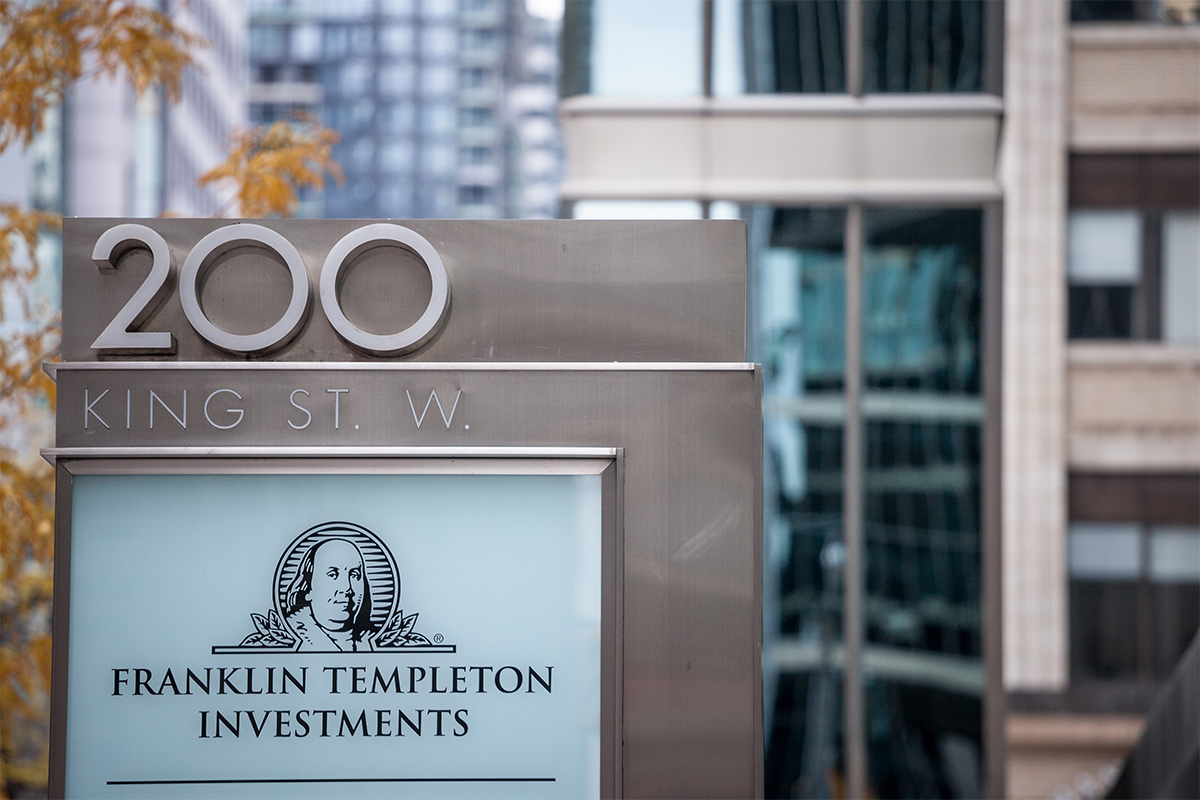Franklin Templeton Asset Management (India) on Tuesday said it strongly disagrees with the findings of Sebi’s order in the case of winding of six debt schemes in 2020 and has decided to challenge the direction in Securities Appellate Tribunal (SAT).
Sebi, on Monday, barred Franklin Templeton Asset Management (India) from launching any new debt scheme for two years and imposed a penalty of Rs 5 crore for violating regulatory norms in the case of winding up of six debt schemes in 2020.
Also, it has been asked to refund investment management and advisory fees of over Rs 512 crore (including interest) collected with respect to the six debt schemes.
This amount will be used to repay unitholders, as per Sebi order.
A Franklin Templeton spokesperson said, “We strongly disagree with the findings in the Sebi order and intend to file an appeal with the Securities Appellate Tribunal”.
He, further, said Franklin Templeton places great emphasis on compliance and believes that it has always acted in the best interest of unitholders and in accordance with regulations.
Sebi found that Franklin Templeton AMC has committed serious lapses/violations with regard to a scheme categorisation (by replicating high-risk strategy across several schemes).
It has committed violations in respect of non-exercise of exit options in the face of emerging liquidity crisis, securities valuation practices, risk management practices and investment related due diligence, it added.
The AMC shut its six debt mutual fund schemes on April 23, 2020, citing redemption pressures and lack of liquidity in the bond market.
The schemes — Franklin India Low Duration Fund, Franklin India Dynamic Accrual Fund, Franklin India Credit Risk Fund, Franklin India Short Term Income Plan, Franklin India Ultra Short Bond Fund, and Franklin India Income Opportunities Fund — together had an estimated Rs 25,000 crore as assets under management (AUM).
As per the spokesperson, the decision by the trustee in April 2020 to wind up the funds was due to the severe market dislocation and illiquidity caused by the COVID-19 pandemic and was taken with the sole objective of preserving value for unitholders.
The six schemes under winding up have distributed Rs 14,572 crore to unitholders as of April 30, 2021, and an amount of Rs 3,205 crore is available for distribution as of June 4, 2021.
After this distribution in the first week of June 2021, the total amount disbursement will reach to Rs 17,778 crore, amounting to 71 per cent of AUM as on April 23, 2020.
The spokesperson said the schemes have followed a consistent strategy of investing in credits across the rating spectrum and have delivered meaningful outcomes to investors over long periods of time.
These schemes provided an important source of funding to growing companies in India that to date have proven to be sound investments. Many of these holdings are now being liquidated by the schemes at fair value under normal market conditions, he added.
Franklin Templeton said its immediate priority and focus remains on supporting the court appointed liquidator in liquidating the portfolio of the schemes under winding up and distributing monies to unitholders at the earliest, while preserving value.
Apart from Franklin Templeton, the regulator barred Vivek Kudva, former head of Asia Pacific (APAC) for Franklin Templeton, and his wife Roopa from the securities market for one year for redeeming units of Franklin Templeton MF schemes while in possession of non non-public information.
Also, the regulator imposed a total penalty of Rs 7 crore on the couple.
Besides, they have been asked to transfer Rs 22.64 crore redeemed of Franklin Templeton MF schemes to an escrow account within 45 days.
Sebi found that the couple had cumulatively redeemed units amounting to Rs 30.70 crore while in possession of material non-public information.
In a separate statement, Vivek Kudva said that he is reviewing the Sebi’s order and considering appropriate next steps which may include filing an appeal before the SAT.
“I have always acted in accordance with Sebi regulations, including in this instance. My personal transactions in the two schemes (under winding-up) have been conducted in good faith and with no intent to gain unfair benefit,” he said.
“As stated in the Sebi order, I had already placed myself in a similar position as investors in April 2020 and the proceeds of the redemptions were voluntarily set aside such that I and my family will ultimately receive no more than the investors remaining in the schemes. My interests therefore remain fully aligned with outcomes that investors in the two schemes under winding up will have,” he added.
Franklin Templeton spokesperson said that the AMC places great emphasis on compliance, and has policies in place to cover a variety of matters including personal transactions of employees and managing conflicts of interest, consistent with applicable regulations and global best practices.
“The schemes under winding up continue to have significant investments from employees and management, as well as from the asset management company and other group companies of Franklin Templeton,” he added.












